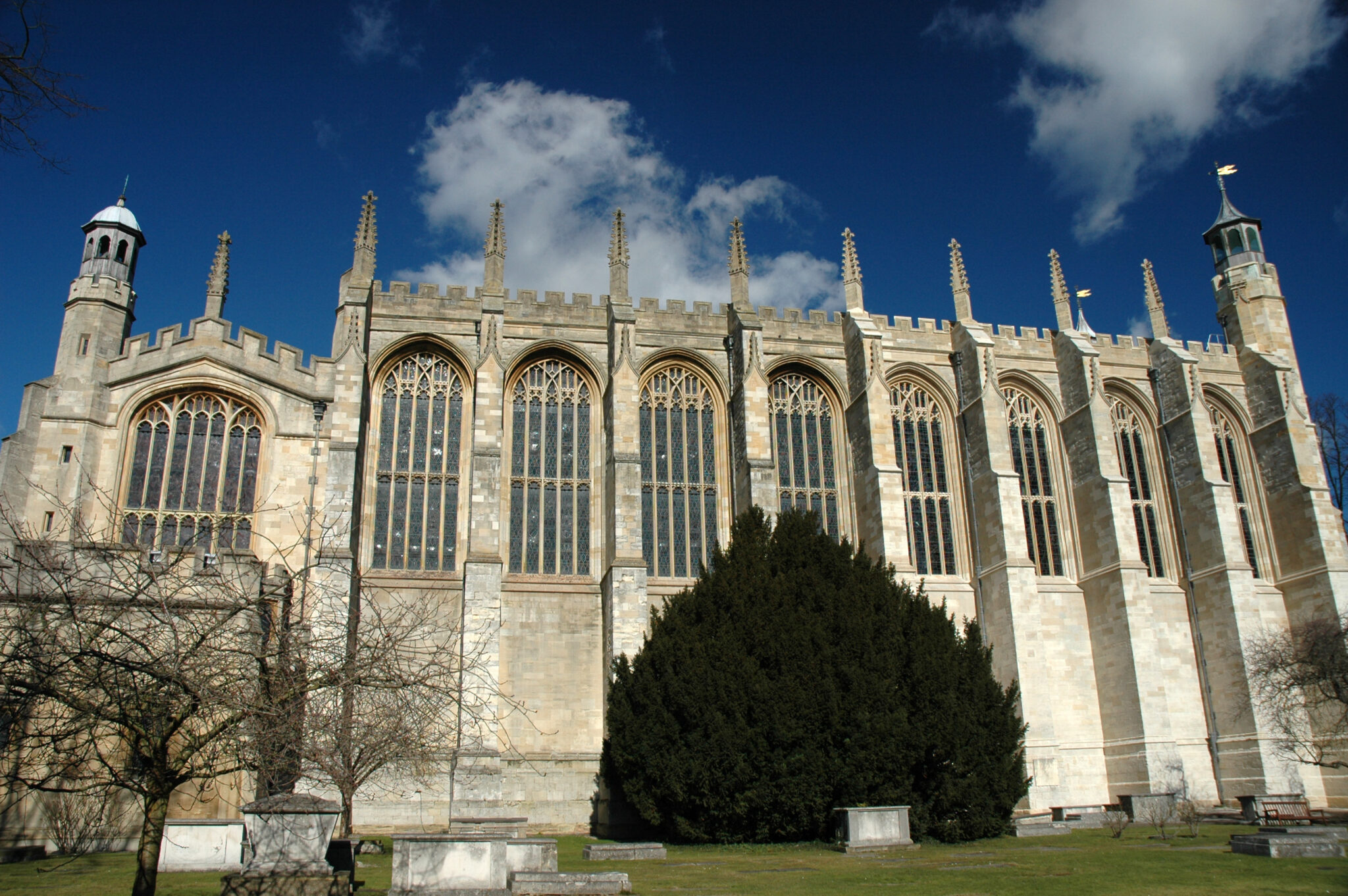School Study Abroad In The UK
Why Go To School In England?
UK high schools, known as independent private schools in the UK, are some of the most well-known, respected and competitive schools in the world. The quality of teaching instruction, breadth and depth of the curriculum, first-class facilities, opportunities to discover new areas of interest and the chance to make new friends from all over the world, make UK day and boarding schools one of the best educations systems in the world.
From an early age, UK high schools, because of the curriculum, place a heavy emphasis on critical thinking, analytical and communication skills. These skills, honed over many years in the UK education system, serve pupils for a lifetime regardless of what they become or choose to do in the years ahead. This emphasis on thinking, rather than rote learning, is one major attraction of studying in UK high schools.


The Process Of Applying To UK Schools
The majority of UK high schools are in England. There are two main entry points for international students when applying to UK high schools, or specifically high schools in England. By far the most common route is the so-called 13+ option. Here, students enter in Year 9 (Grade 8 in US) when they are 13, going on 14 years old. The second, and less common alternative, is the so-called 16+ route. Here, students will start UK high school aged 16 and will complete two years of study before leaving for university.
For the 13+ option, so called because students will be 13 turning 14 when they start UK high school, students will very often need to be registered by the age of 10 years 6 months. Once registration is complete, applicants will often need to sit a ‘pre-test,’ a sort of qualifying exam. If this hurdle is passed, students will then be invited for the high school’s ‘main’ entrance test followed by interview(s) with a Housemaster and/or a senior teacher.
If students pass this stage, they are given conditional offers of entry; conditional on them passing two years later the 13+ Common Entrance exams at the end of Year 8. For girls, sometimes the process is the same as boys but often it is not. Girls are usually assessed and examined two years before boys. Further, every UK high school has their own admissions process, set of deadlines and requirements, so it is important to understand fully what these are for the UK high schools that you are considering.
Needless to say, applying to UK high schools, including high schools in England, as an international student can be a complex and confusing process. Our Schools Advisory service, led by the former Head of Admissions at Eton College, works with you and your child at every stage of the process. Regardless of your child’s age, we will work with you to draw up a plan and a road map for your chosen school(s). After an initial meeting where we meet you and your child, we will begin to leverage our inside knowledge and relationships with UK high schools, in order to draw up a recommended short-list of schools that will be the best fit for your child.
Drawing upon our experience and extensive relationships, we can advise you on the character of each UK school, what are its strengths and what is the most effective and efficient way to prepare for admission to your chosen schools. We will draw upon our relationships with Headmasters and Admissions Departments to ensure that we speak directly to key decision makers.
Where appropriate, we can organise personalised UK school visits and work with your child if any academic preparation is required for the entrance exams.
We only work in the best interests of our client. Our interests are entirely aligned with yours. We have no particular inclination towards one UK school over another. This complete impartiality and sole focus on your best interests is one of the ways we distinguish ourselves from our competitors. We are well connected but we are not tied or bound to any UK high school in any way whatsoever.
Accommodation
The accommodation in UK schools depends on what kind of school you are considering. For day-schools, students return home at the end of each school day. But for boarding schools, there are a few options. For full boarding, students will stay in school including the weekends. They can return home during holidays, half-term breaks and on some long weekend breaks. Depending on the school, students will either have their own room or will be in a dormitory (usually with 3-7 other boys). If you have your own room, you normally will change room every academic year. If you are in a dormitory, students are normally changed around every term. For weekly boarders, students will stay in school usually Sunday to Thursday but then return home for Friday and Saturday.
Boarding Schools
There are a number of different boarding options open to parents. No longer are 8 year olds sent off to boarding school only to return at the end of term. Nowadays, boarding schools offer parents a choice of full boarding, weekly boarding, flexi boarding or even a combination of these. The transition to UK schools, especially from overseas, can be stressful, confusing and complex. We can help you navigate the system and increase your chances of gaining a place at a top school.
Requirements
Most UK high schools are focused on potential. They want to know if a child has the potential to succeed in the future. Therefore being able to effectively demonstrate potential, especially if your child is not studying in the British education system, is a key strategic ingredient to win admission to your chosen school. Of course it is not all about potential. The UK high school needs to be sure that your child is a good fit academically. Because the level of attainment between school systems is vastly different, it is important to have an initial academic assessment to gauge and ascertain what level you child is at vis-à-vis your child’s UK peer group.
For example, based on experience, we find that American candidates are between 12-24 months behind their British counterparts in Maths and English in the primary stage of education. With ample planning, this gap can be reduced, but it important to realise that in many cases outside academic support will most likely be required at some stage in the process. Either way, the best next step is to have an academic assessment so that we can advise you on your child’s current level and outline an academic plan going forwards. Clearly, your child’s academic level will also be a key factor in determining what UK high schools should be considered for an application.
For further information on academic assessments, please contact us.
How Much Does It Cost To Study Abroad In England?
Private independent schools in the UK comprise of boarding schools and day schools. Fees vary between institutions but generally speaking boarding schools are around £14,000 per term and day schools are around £9,000 per term (there are 3 terms in an academic year).
Most private schools offer financial assistance in the forms of scholarships or bursaries for pupils who are either very able or can demonstrate the need for monetary support. Many independent (private) schools in the UK have also started campaigns to raise more funds for means-tested bursaries. Most means tested financial aid is restricted to UK residents.
For further information on scholarships, which is open to all students regardless of where the family is resident, please contact us
Support With Applying To Study School In England
Selecting and applying to UK high schools is a time-consuming and complex process. Often, there is only once chance to get it right in terms of registering for UK high schools, meeting numerous deadlines, visiting high schools in England and other parts of the UK, and then finally preparing and sitting entrance exams. Our Schools Advisory service puts you and your child’s requirements at the centre of the process. Led by the former Head of Admissions at Eton College, we offer a bespoke and personalised Schools Advisory service in order to assist you in securing a place at a UK high school that is right for your child.
For further information on how we can support and assist you and your child, please contact us.
We always start any new placement with an initial introductory call in order to understand your requirements in more detail and to have a clear idea on your ambitions, interests and academic level. During this call, our Director of School Consulting will also explain how we have advised families in previous cases and the results that we obtained for them. After our initial call, we will then lay out an initial road map explaining to you how we can advise you so that you can make a decision before proceeding.

